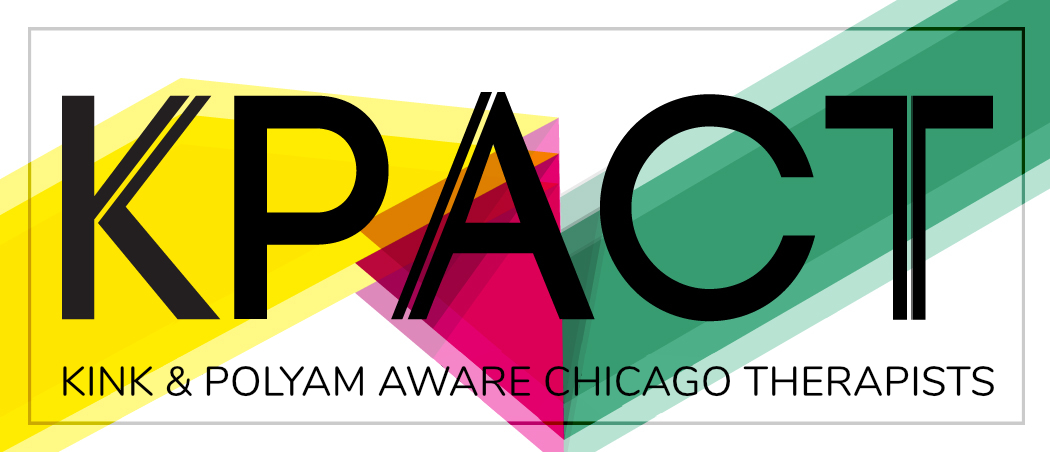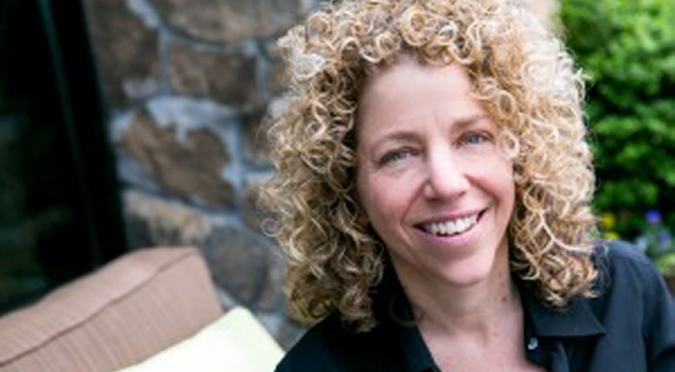Beliefs and success – are they connected? How much do your expectations influence your ideas about success? And where do those deeply-held beliefs originate?
Our friend and colleague, Julie Diamond, has written extensively about these issues, and we would like to share the following article, which originally appeared on her site.
Julie is an executive coach and leadership consultant who helps individuals and organizations create cultures of learning and growth. Her clients have ranged from Fortune 500 companies to law enforcement agencies to nonprofits. She is also one of the original founders of the Process Work Institute (PWI), a not-for-profit graduate school dedicated to research and training in process-oriented facilitation. Julie’s upcoming book, Power: A User’s Guide, is due for publication early next year.
by Julie Diamond, Ph.D., Dipl. PW
One day, early in my career as a therapist, I complained to my colleague about my struggle being effective with certain kinds of issues. In particular, I easily felt defeated by chronic issues. Each week, my client would come to work on the same set of problems, without any indication of improvement. I know, I know. Now I know—and can appreciate—that we all pretty much have the same set of issues our whole lives, but at the time, I found it difficult. My colleague looked at me and asked, “What box did you crawl out of?”
I must have looked pretty baffled, because she quickly added, “I mean, what did you study first, at the university?”
Unsure what that had to do with our discussion, I said, “Education.”
“Ah,” she said, “that explains it. You’re probably most engaged with clients and issues where there is a sense of progress related to learning.” A lightbulb went on for me at that moment, and has been on ever since.
Each of us comes into this world with particular, even peculiar fascinations and interests, passions and proclivities. Some of it comes from what we’re exposed to, but some of it is already pre-programmed. For lack of a better word, I call this our orientation, our approach to life, and to people, learning, and ideas.
It’s not hard to discover your orientation, but often times we take it for granted. Ask yourself, what box did you crawl out of? As a kid, did you collect bugs? Read fantasy or science fiction? Cook with your grandmother? Organize other kids into sports teams? Go off by yourself and look at clouds? What was your first area of study?
Why is this important?
As a coach and supervisor, I am in the people business, and I work with a lot of practitioners in the people business, in the business of human change and growth. Outcomes for progress in these areas are fuzzy, at best.
Along with the complexity of defining change and growth, whether we’re aware of it or not, our orientation defines progress and success.
Think about it. If you have an orientation towards health and healing, your sense of progress is tied to your client’s overall sense of wellness. Yet if your orientation, like mine, is to education, then your sense of accomplishment is tied to learning. Things like insight and understanding make you feel you’re doing a good job. If your orientation is art or creativity, your sense of doing well may be tied to your client’s ability to express herself, or to feel creative and impactful in her life.
Whether we’re conscious of it or not, we carry an orientation to life that influences not just how we work with people, but our feelings of success. This orientation is a mishmash of things we’re born with, things we’re exposed to, and things we develop and cultivate. It’s reflected in our interests, values, temperament, and cognitive style. And it exerts subtle and not-so-subtle influences in our work, defining our choice of focus and our preferred methods, biasing us towards some outcomes more than others, even creating preferences for some issues over others. Ask yourself, when you work with someone, or with a group on their process of development, what kinds of responses make you feel successful? Do you look for verbal appreciation, such as a thank-you? Or do you feel complete only when an issue is resolved or solved? Or does the client’s increased understanding and learning trump the resolving of the issue?
Even though you are, as Marshall Goldsmith calls it, mission neutral, no doubt some problems or processes excite you more than others, while others exhaust you, or stress you out. And what about methods? Which ones do you gravitate towards and which do you avoid or feel awkward doing? Which ways of working feel more natural, fun, or interesting for you?
Those of us who work with people tend to attract particular kinds of clients; this isn’t random, though it may be in the beginning, but is often also a reflection of our style and method. Who tends to seek you out? Who doesn’t?
For more about Julie and to read an excerpt from Power: A User’s Guide, click here.


